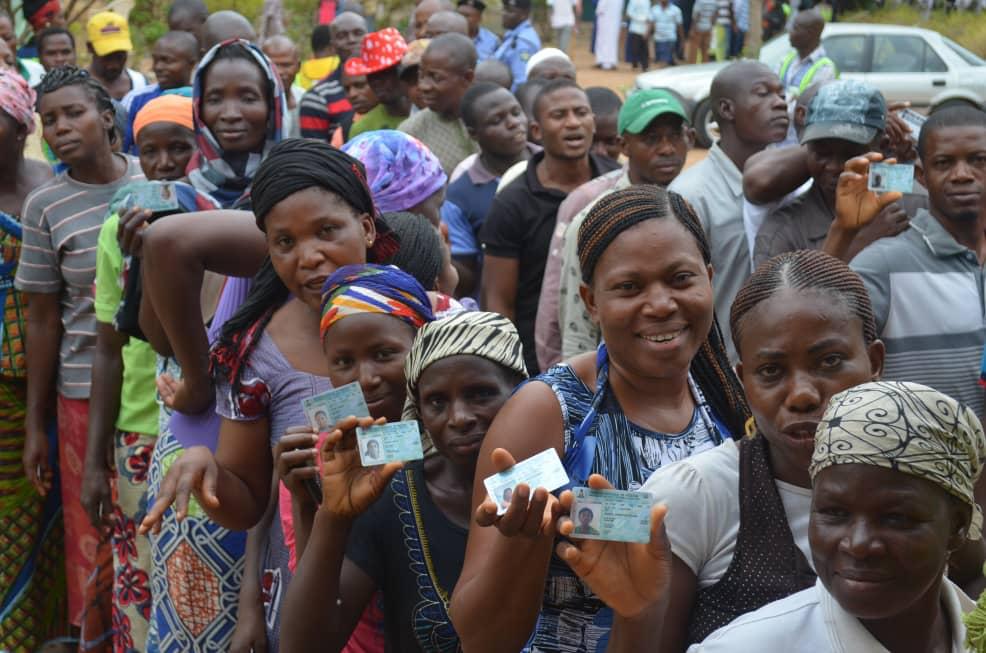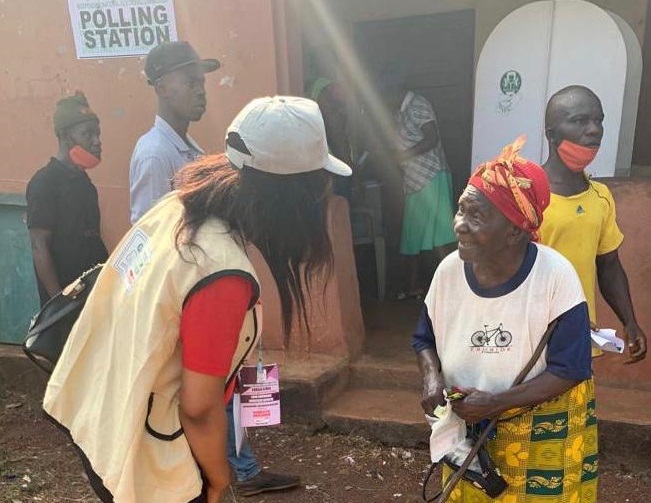The notion of full citizens’ engagement in the voting process underpins electoral democracy. One of the most important indicators of electoral democracy is citizens’ active engagements in elections.
Citizens involvement in the electoral process asserts that people who are impacted by a choice have the right to participate in the decision-making process.




Citizens involvement entails being engaged and contributing to their own well-being. They should be active participant in the electoral process rather than bystanders.
Citizens engagement refers to the electorate voluntary activities aimed at influencing public policy, either directly or indirectly through the selection of persons who makes decisions that affect their life.
Among these activities are;
- Vote in elections
- Familiarize himself/herself with the candidates
- Know the location of his or her polling unit and hours of operation
- Respect the privacy of other voters
- Report any problems or violations of election laws to the police/supervisor of election
- Ask questions if needed
- Make sure that his or her completed ballot is correct before casting his/her vote
- Vote free of coercion or intimidation by election officers or any other person
- Vote and have his or her vote accurately counted

